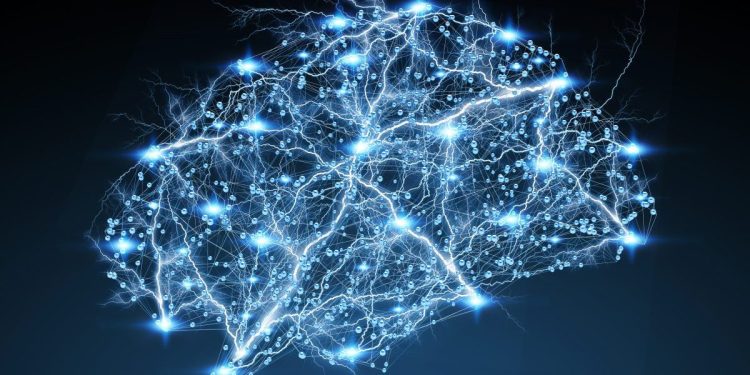Watch all the Transform 2020 sessions on-demand here.
Much like AR and VR right now, AI is a field of walled gardens. As Andrew Ng, former chief scientist at Baidu, puts it, “among leading AI teams, many can likely replicate others’ software, but it is exceedingly difficult to get access to someone else’s data.”
Enter SingularityNET — the decentralized marketplace for AI — which announced its token sale earlier this month. Today, it has received over $150 million in pledged orders from nearly 10,000 registrants. That’s almost 400 percent more than the amount it wants to raise.
The company aims to solve the interoperability issue that exists within AI right now, where there are no standards for collaboration and no infrastructure for data cooperation.
SingularityNET was founded in 2017 and is set to raise $36 million through its token generation event this month. The crowdsale will have no minimum contribution amount, but users who wish to participate must register at the company’s website. Thanks to the oversubscription, the company has announced that it is extending the token sale date until the second half of December.
June 5th: The AI Audit in NYC
Join us next week in NYC to engage with top executive leaders, delving into strategies for auditing AI models to ensure fairness, optimal performance, and ethical compliance across diverse organizations. Secure your attendance for this exclusive invite-only event.
SingularityNET is built on the OpenCog platform, which in turn is being used by more than 50 companies, including Huawei, Cisco, and its founding partner, Hanson Robotics. Sophia Hanson — chief humanoid at SingularityNET — recently announced the token sale in a video, which signals a move to allow the AI that powers Sophia the ability to learn from every other AI sitting on the SingularityNET platform.
Of course, Sophia isn’t quite smart enough to have come up with the idea of crowdfunding its brain — artificial general intelligence (AGI) hasn’t yet advanced sufficiently for that.
“I think we are really mistaking the role of AI here and how developed that is,” Marcello Mari of SingularityNET told me. “We are very far from an AI that can decide what is best for her and her brain. This might happen in 15 years from now, maybe. For the same reason, Sophia is not able to write a pitch or even conceive the problem.”
And that, of course, is the point of SingularityNET’s approach. By bringing AI collaboration to the fore, every system will be able to learn from every other, and there will be a coordinated approach to data sharing. That’s a core problem in AI right now. While many vendors have amazing AI applications, it could be claimed that only a few have access to the data that makes them useful.
The AGI token that powers the SingularityNET platform will provide the economy for AGI applications. This token solves the “assignment of credit” problem and allows it to quantify the value an AI agent brings to the market. It allows for global, uncensored payments and provides the basis for an AI to AI microservices industry, where organizations will be able to buy processing on demand.
While a significant portion of the token sale (32 percent) will be used to fund business development (which includes 5 percent for benefit and social good projects), 26 percent will be used for network infrastructure, and the balance will support AI and IoT development.
“The internet of things is important for SingularityNET for two major reasons,” Mari said. “SingularityNET’s AI platform will be a place for IoT devices to gain their intelligence. It is much more efficient and cheaper to use internet-based intelligence. Further, the blockchain will allow AI developers to market their services so smart-device consumers won’t have to be tied to one vendor’s limited AI.”
That’s important and opens up the second reason for AI and IoT to interact.
“Real human-level intelligence will enable the IoT to span the range from smart devices to smart helpers, who will be humanoid and able to assist us in the physical world,” Mari said. “The greater the intelligence of these robotic assistants, the more the domains in which they will be able to assist us. So we see a very practical use for IoT in making world-class AI available to smaller companies, as well as by allowing AI developers all over the world to offer products that can be used by IoT developers to increase the intelligence of their devices.”
In other words, everything we interact with in the real world will help both AI and robotic assistants communicate with us in better ways.
“Via pulling data from home robots, thermostats, vacuum cleaners, cars, phones, medical monitoring systems, TVs, smart speakers, and thousands of other kinds of embedded devices, SingularityNET will form an understanding of the everyday human world and the way people interact with it,” Dr. Ben Goertzel, CEO and chief scientist at SingularityNET, told VentureBeat. “Homomorphic encryption integrated into the network infrastructure will enable sharing of the generically valuable aspects of data gathered from a device, without violating the privacy of the device’s users.”
SingularityNET plans to release a public beta, fully operating with AGI tokens, at the time of the token generation event.


